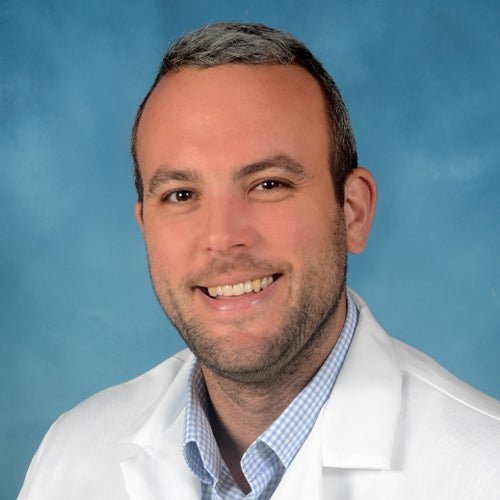Aging with HIV: LGBTQ+ Health Advocacy from a Physician's Perspective
July 21, 2025
As a physician working in the LGBTQ+ community, I understand how far we've come—medically and socially—but also how much further we must go to ensure that advocacy translates into equitable care for every patient, regardless of sexual orientation, gender identity, or HIV status.
Since the first HIV diagnosis there have been many health related changes including antiretroviral therapy (ART) that have led to the transition from HIV being a death sentence to a chronic disease. This transition comes with its own challenges and with many of my patients living with HIV being over 50+ years of age I see the unique trials of stigma, health disparities and aging that still exist today.
To combat these challenges I believe in advocacy that goes beyond policy and extends into exam rooms, clinics and treatment plans. LGBTQ+ older adults with HIV require care that is trauma-informed, culturally competent, and grounded in a deep understanding of the long-term impact of stigma and marginalization.
Too many patients have experienced medical mistrust, not only from decades of societal discrimination but from healthcare systems that have failed them—ignored their identities, overlooked their histories, or treated their HIV status as a moral failing. This compounds mental health issues, contributes to isolation, and impacts adherence to care.
Advocacy, then, means building systems of care that affirm their identities, acknowledge their lived experiences, and address both their medical and social needs. It means training providers in LGBTQ+ competency, fighting ageism within LGBTQ+ health spaces, and ensuring that older adults living with HIV have access to comprehensive geriatric and HIV care.
LGBTQ+ health advocacy is not a side mission; it is core to providing ethical, effective, and compassionate care. Our systems must evolve to reflect that. We need more inclusive research, more targeted public health strategies, and more visibility for older adults living with HIV.
For medical professionals, it begins with humility and education—listening to patients’ stories, understanding the historical context, and actively dismantling the barriers that stand between them and optimal health. For institutions, it means investing in inclusive policies, supporting LGBTQ+ staff and leadership, and designing care environments where all patients feel safe and seen.
As we celebrate Pride and honor the lives of those aging with HIV, let’s remember that survival is not enough. True health equity means helping these individuals live not just longer lives, but better ones—with dignity, with respect, and with the care they deserve.
Dr. Jason Ceavers is a primary care physician with a focus on LGBTQ+ health and HIV care. He is committed to health equity, medical education and inclusive advocacy.

